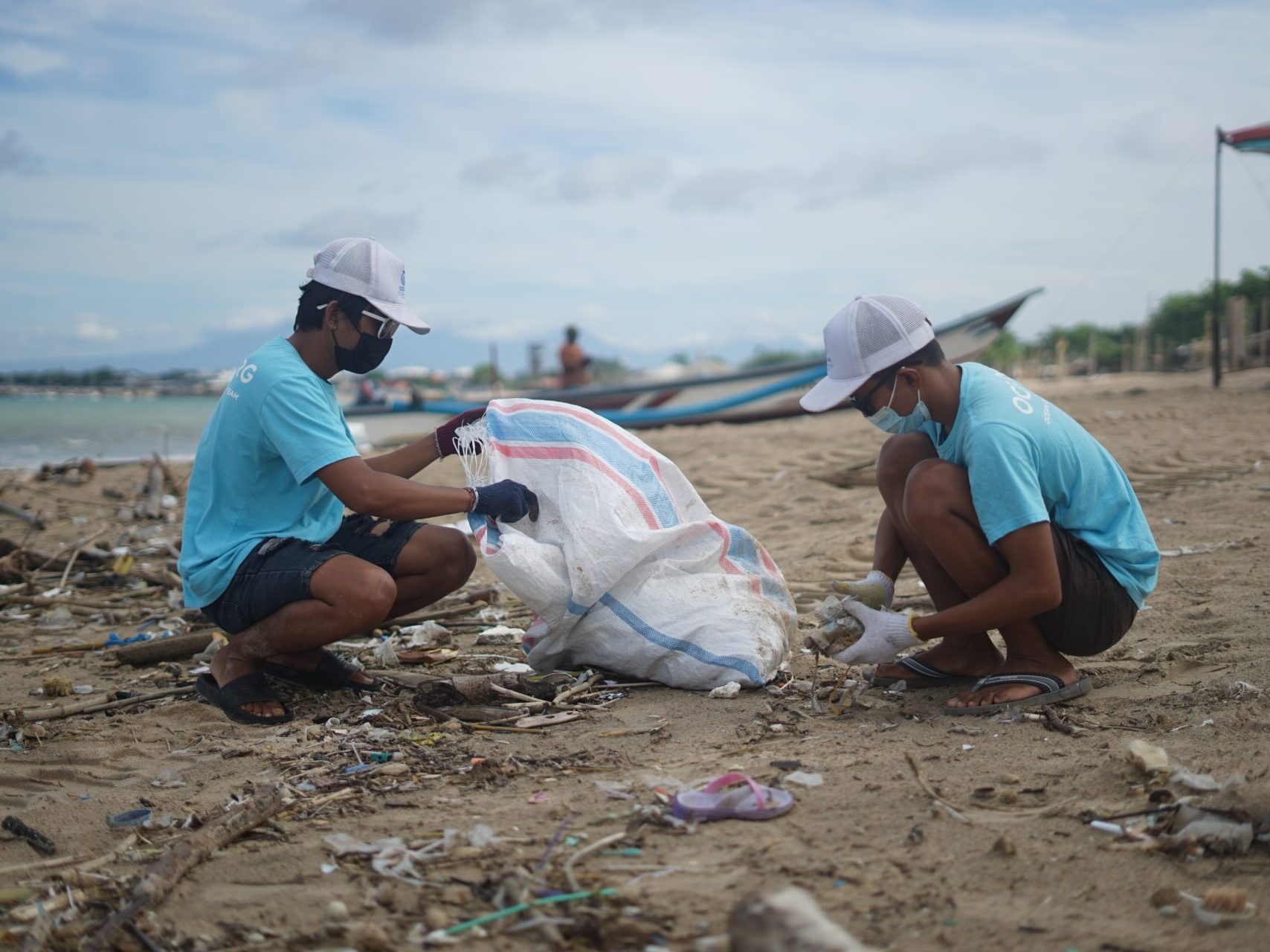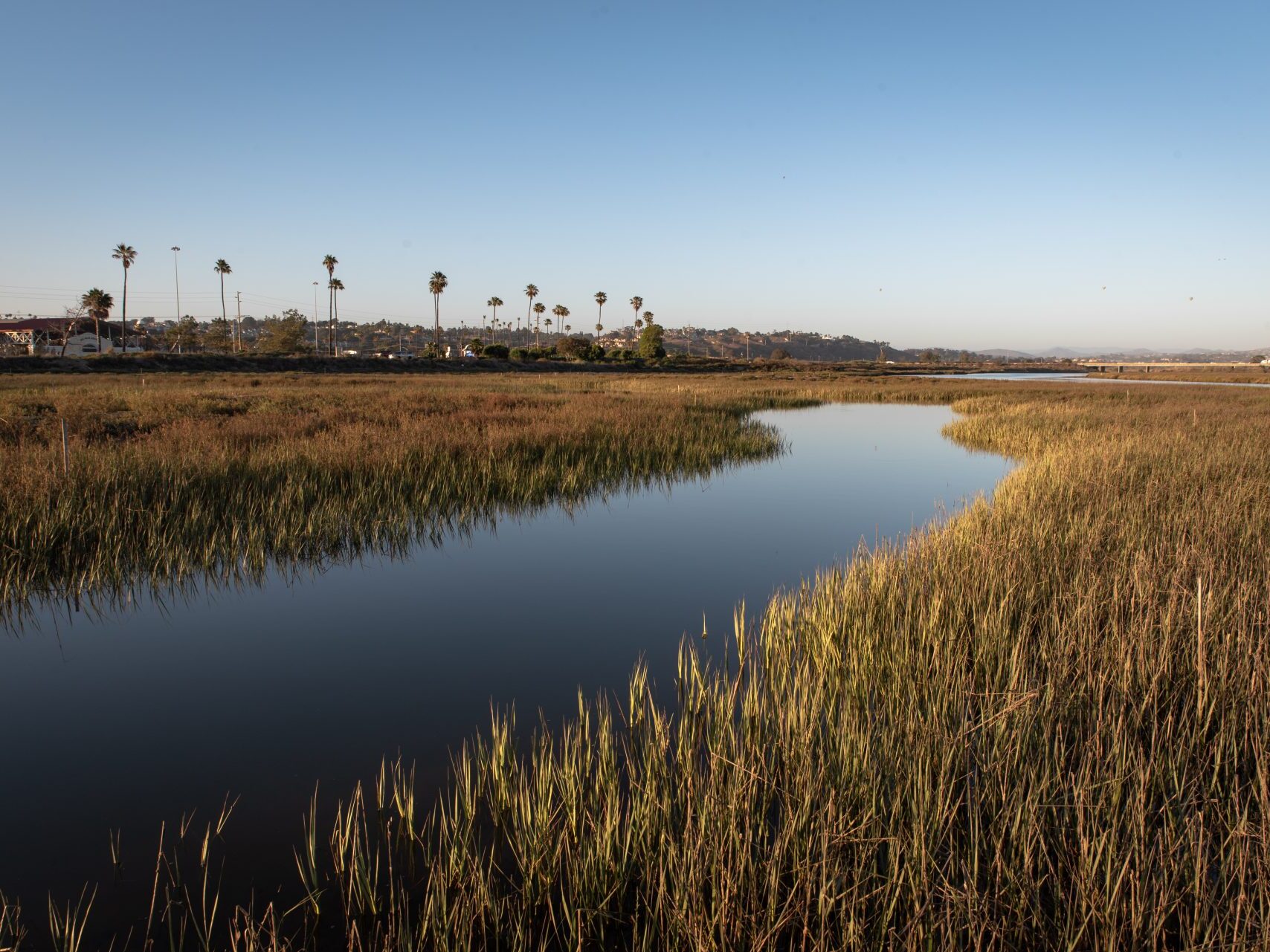
Earth Day 2023: An Opportunity to Celebrate or Volunteer
April 20, 2023
Great Ecology Featured in San Diego Business Journal
April 27, 2023
Books that Make Every Day Earth Day
Author: Liz Clift
If you missed out on our Earth Day blog, you didn’t get to do anything to celebrate Earth Day or you just want to grow your ability to engage in earth care, we have books for you. Earth care is one of the three principles of permaculture and is focused on caring for the earth (especially the soil). However, it can be hard to care for things we don’t understand—or only have a passing knowledge about.
The books in this list are curated to help build understanding about the earth and its care—and it purposefully does not include classics like Silent Spring, Desert Solitaire, A Sand County Almanac, Walden, or Refuge—even though those books are important within the world of environmental literature. Instead, I focused on relatively recent books that may or may not have come across your radar.
I know how cheesy this sounds, but reading these books—and then making changes in your personal life to help protect our ecosystems—are one of the ways you can make every day Earth Day. These changes can be big or small, and may include everything from volunteering with a land trust or nature-focused nonprofit to making donations to organizations that protect habitat to making shifts to your buying habits to better support the natural world—and so much more!
You might read these books on your own, with a book club or people you live with, or as a way to connect with family or friends who live farther away.
Recent Adult Nonfiction
Finding the Mother Tree: Discovering the Wisdom of the Forest by Suzanne Simard is focused on Simard’s decades of research about the interconnectedness of trees, how they share nutrients, and what happens when we log a forest. You can read our full book review here.
Braiding Sweetgrass: Indigenous Wisdom, Scientific Knowledge, and the Teachings of Plants by Robin Wall Kimmerer offers essays on a variety of topics that will help put you in better touch with the natural world. The stories Kimmerer weaves through each essay are dreamy and may help strengthen you attention to detail in the natural world. If you’ve already read this one, but haven’t read Gathering Moss (also by Kimmerer), you’re in for a treat (and you’ll finish the book with a whole new appreciation for mosses and lichen)!
Stronghold: One Man’s Quest to Save the World’s Wild Salmon by Tucker Malarkey may be just the inspiration you need to make a meaningful shift in your life—because this is a story about being uncomfortable, making bold choices, and ultimately, working to save rivers where salmon live. You can read our full review here.
There Are No Accidents: The Deadly Rise of Injury and Disaster—Who Profits and Who Pays the Price by Jessie Singer differs from the other books on this list in that it’s not specifically focused on ecological knowledge. Instead, Singer asks readers to interrogate the casual use of the word “accident,” and how many accidents could be prevented with better design and planning. The types of accidents Singer explores range from pedestrian deaths (getting out of our cars is, after all, one way to help create positive change in ecosystems) to large-scale disasters, such as Chernobyl. This is an especially good read for anyone who works in ecological restoration, urban planning, landscape architecture, civil engineering, or related fields. Check out our full review.
The Breath of a Whale: The Science and Spirit of Pacific Ocean Giants and The Hidden Lives of Owls: The Science and Spirit of Nature’s Most Elusive Birds, both by Leigh Calvez offer beautiful lyric essays on whales and owls (respectively) that will help you better understand these creatures—and the impact human development and operations have on their lives. These are both short reads, which means either of these books may be a perfect part of your summer reading list. Read our full review of The Breath of a Whale.
Recent Adult Fiction
Depending on your relationship with reading, nonfiction may feel more or less accessible—or enjoyable—so here are a couple of recent adult fiction recommendations that are closely aligned with ecological topics.
The Overstory by Richard Powers brings together a range of people whose goal is to protect forests. The book can be intense at points, and you’ll likely become invested in at least one of the characters. You’ll likely even see resemblances between one of the characters (Patricia Westerford) and the real-life figures of Suzanne Simard and Peter Wohlleben.
Once There Were Wolves by Charlotte McConaghy is focused on the reintroduction of wolves to Scotland, including how wolves, as an apex predator will change the ecosystem. The main character, Inti Flynn, also has to deal with the biases from local landowners about how wolves will impact their livelihoods. Love (of multiple sorts) and intrigue are also thrown into the mix, which helps build richer characters. Readers who like this novel will also probably enjoy The Wolf Border by Sarah Hall, which is focused on the reintroduction of wolves to England.
Bewilderment by Richard Powers is a heart-breaking story (you’ve been warned) that focuses on the natural world, neurology, and grief. The two main characters in this book are grieving not only the loss of a wife/mother/environmental activist who died tragically in a car accident—they’re also grieving, and being immensely present with, the natural world.
A Thousand Acres by Jane Smiley is much less recent than the other recommendations on this list—but if you haven’t read this book and you’re at all interested in food security, how large-scale agriculture impacts smaller-scale agriculture (and the ecosystem in general), or the impacts of modernized agriculture on the ecologies of our grasslands, you’ll want to give this book a read. If you’ve already read A Thousand Acres and want something (somewhat) similar, I recommend Amanda Coplin’s The Orchardist, which is a work of historical fiction set in the early 20th century on an apple orchard in Washington state.
Great Ecology does not benefit in any way from purchases you make through the links we provide.

